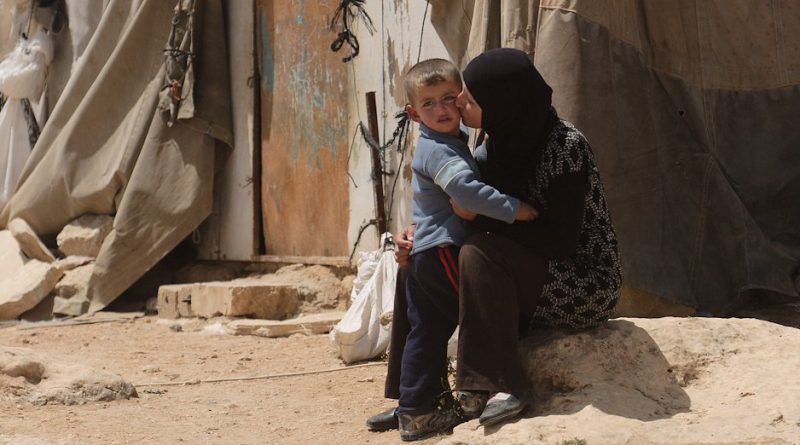Now Reading: Don’t criminalise marital rape : Central Government
-
01
Don’t criminalise marital rape : Central Government
Don’t criminalise marital rape : Central Government
The central government took a stand against criminalising marital rape, in its affidavit to the Delhi High Court, on the ground that it “may destabilise the institution of marriage apart from being an easy tool for harassing the husbands”. “As to what constitutes marital rape and what would constitute marital non-rape needs to be defined precisely before a view on its criminalisation is taken,” states the Centre’s affidavit.
It goes on to cite the “rising misuse of Section 498A of IPC”, commonly known as the dowry law, to demonstrate how laws dealing with violence against women can be misused “for harassing the husbands”.
Section 375 of the IPC dealing with rape makes an exception for such instances within marriages and holds that “sexual intercourse by a man with his own wife, the wife not being under 15 years of age, is not rape”. No other statute or law recognise marital rape, and victims only have recourse to civil remedies provided under the Protection of Women from Domestic Violence Act, 2005.
The Centre’s affidavit holds that states should implead in the matter since criminal law is on the concurrent list and implemented by states and given the vast diversity in cultures across states. “The fact that other countries, mostly western, have criminalised marital rape does not necessarily mean India should also follow them blindly. This country has its own unique problems due to various factors like literacy, lack of financial empowerment of the majority of females, the mindset of the society, vast diversity, poverty, etc., and these should be considered carefully before criminalising marital rape,” it states.
The Centre, in its submission to the Delhi High Court, stated that the judgment as to whether a sexual act is a marital rape or not will rest entirely with the wife. “The question is what evidence the courts will rely upon in such circumstances as there can be no lasting evidence in case of sexual acts between a man and his own wife,” it states.
The submission adds that the Law Commission on Review of Rape Laws and the Department-Related Parliamentary Standing Committee on Home Affairs have examined the issue but not recommended the criminalisation of marital rape.
The Centre has instead advocated the need for “moral and social awareness” to stop such an act. Senior Advocate Colin Gonsalves, who is appearing in the case for one of the petitioners (a marital rape victim), pointed out that till date, 51 countries have criminalised marital rape, beginning with Poland in 1932. “By the seventies, much of the developed world had criminalised it. The United States did it between 1970 and 1993, South Africa in 1993, even Nepal criminalised it in 2006,” he said.








